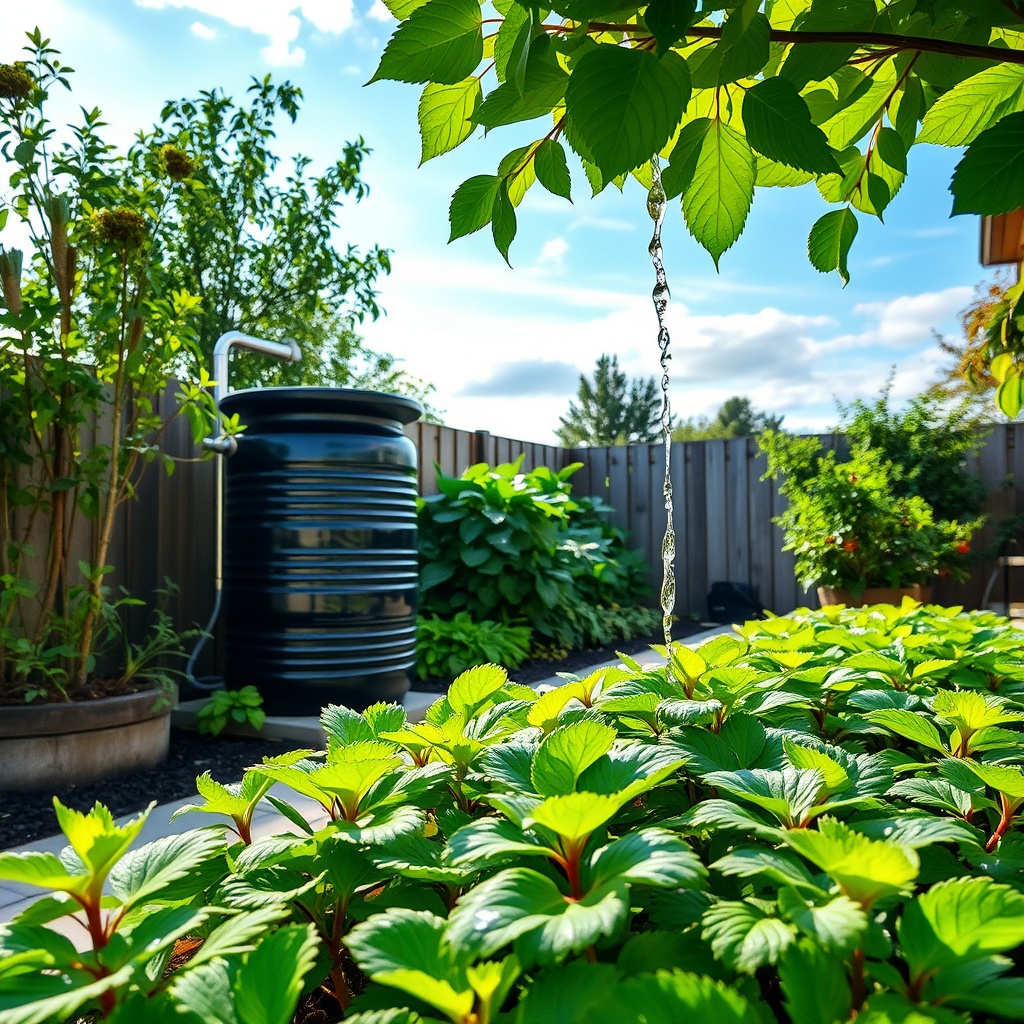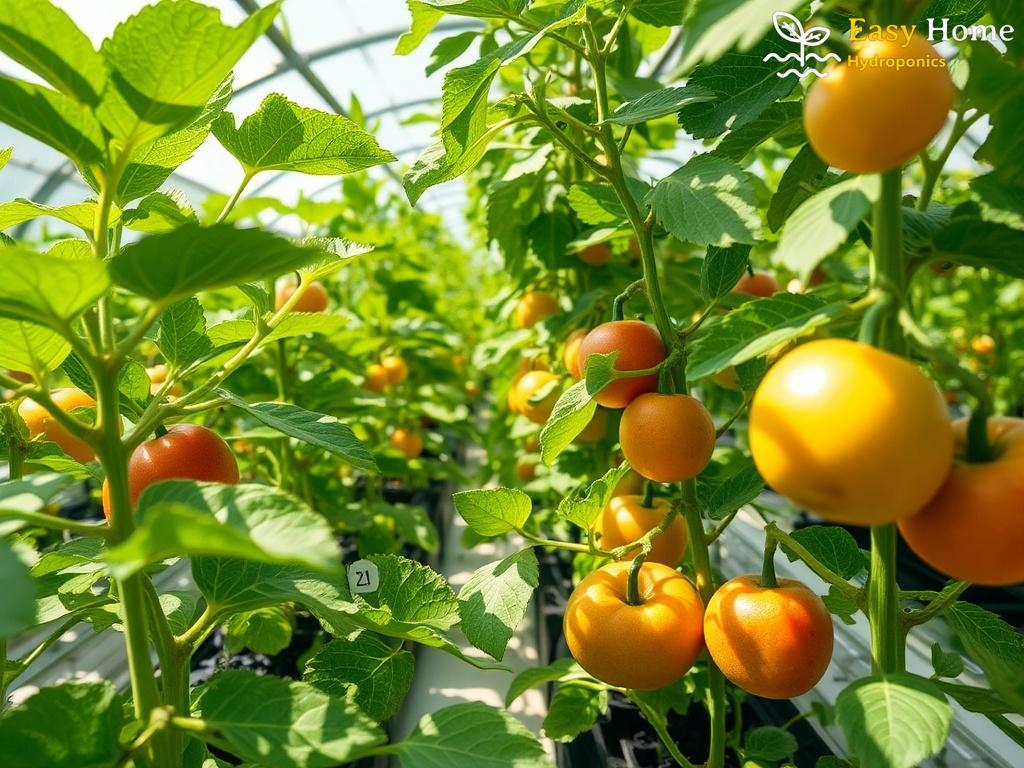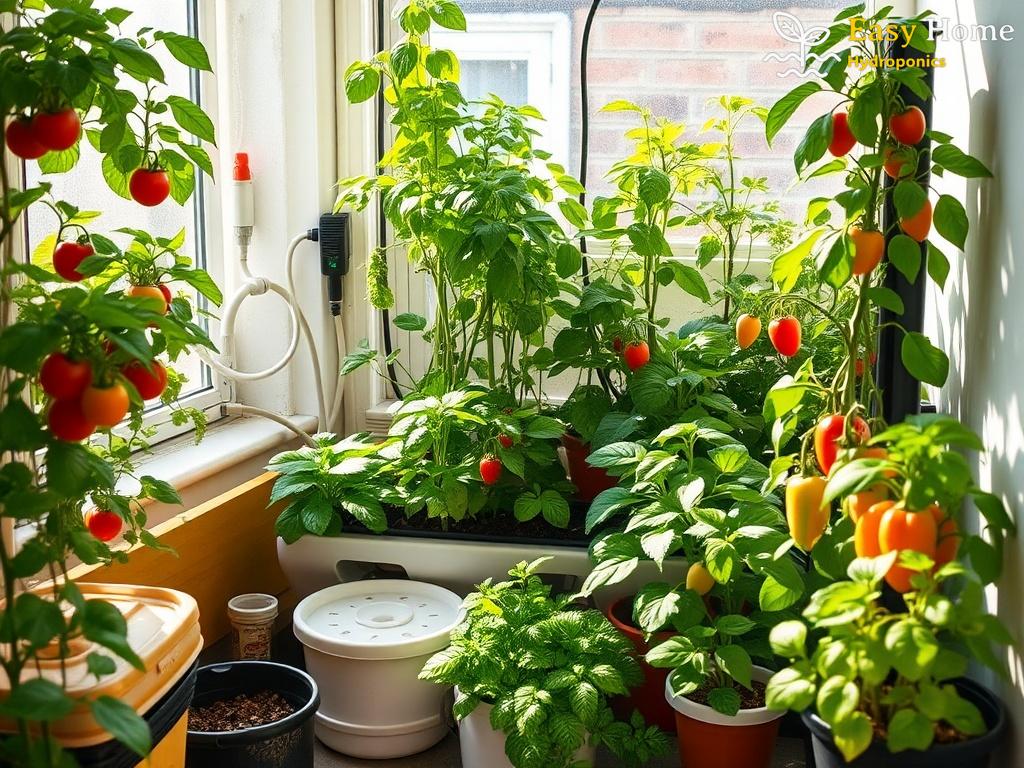Understanding the Benefits of Rainwater Collection
In an era where sustainability is more than just a buzzword, rainwater collection emerges as a powerful solution for home gardeners and hydroponic enthusiasts alike. Harnessing rainwater not only conserves this precious resource but also provides a naturally nutrient-rich alternative for your plants. In this article, we will delve into how rainwater can be collected and utilized to enhance your hydroponic systems, providing essential nutrients without the reliance on chemical fertilizers.
Setting Up Your Rainwater Collection System
Creating an efficient rainwater collection system at home is simpler than you might think. By following a few key steps, you can ensure that your hydroponic plants receive the best possible nutrients directly from nature.
- Choose the Right Collection Area: Ideal spots include roofs made from non-toxic materials that do not leach harmful substances into the water.
- Install Gutters and Downspouts: Ensure they are clean and free from debris to maximize water flow into your storage tanks.
- Use a Rain Barrel or Tank: Opt for food-grade barrels to store collected rainwater and keep it safe for your plants.
- Filter the Water: Use a mesh screen to filter out leaves and dirt, preventing contamination.
- Maintain Your System: Regularly check for blockages and ensure your storage unit is clean.
This list provides a simple yet effective guide to setting up your rainwater collection system, ensuring that you can harness the natural benefits of rainwater for your hydroponic needs.
Enhancing Hydroponic Nutrients with Rainwater
Once you’ve established your rainwater collection system, the next step is to integrate this resource into your hydroponic setup. Rainwater is naturally soft, meaning it has low levels of dissolved minerals, making it an excellent base for nutrient solutions. Here are some tips to enhance the nutrient value of your rainwater:
- Test the pH Level: Rainwater usually has a slightly acidic pH, ideal for most plants. Use a pH meter to ensure it falls within the 5.5 to 6.5 range.
- Supplement with Organic Nutrients: Consider using organic fertilizers such as fish emulsion or seaweed extract to boost nutrient levels.
- Monitor Your Plants: Keep an eye on your plants’ growth and adjust nutrient levels accordingly.
By utilizing rainwater as a base, you can create a more sustainable hydroponic system that encourages healthy plant growth while reducing your environmental footprint.




